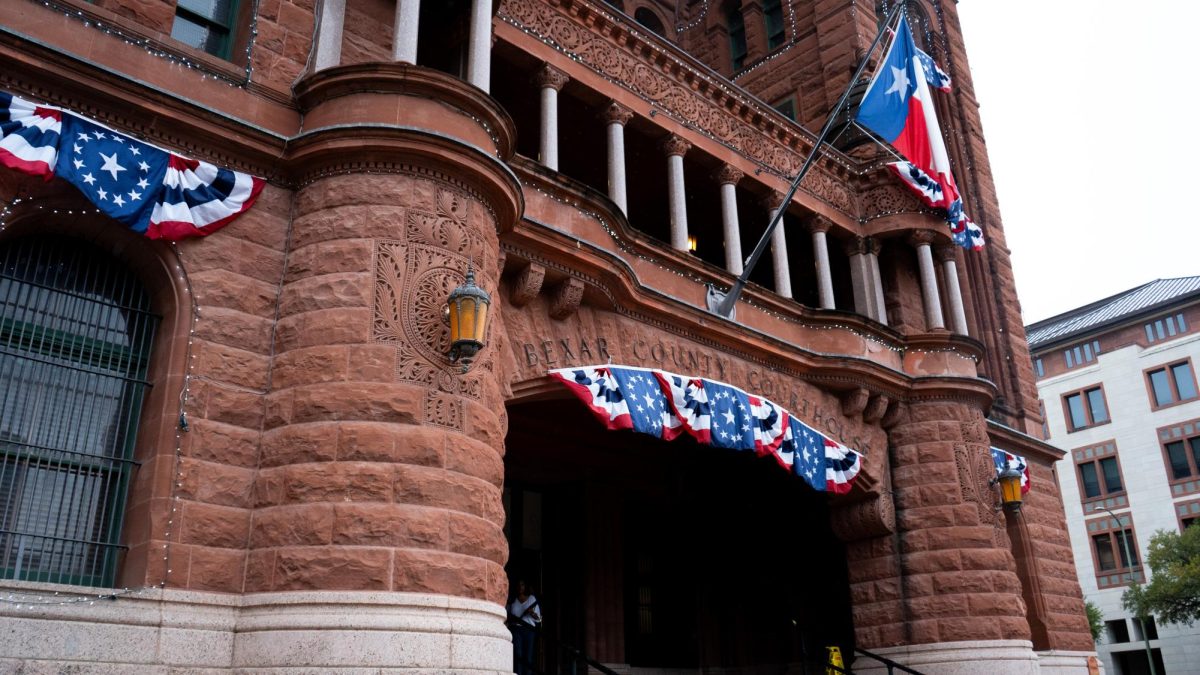In the state of Texas, a person is considered legally intoxicated and may be charged for driving under the influence (DWI) when their blood or breath alcohol concentration (BAC) is .08 percent or more.
An arrest can be made if police have probable cause of intoxication, which could include a person inhibiting symptoms such as impaired speech, jerky eye movements, lethargic mannerisms or questionable answers to an officer’s questions upon being pulled over. However, a person can still be arrested if their BAC does not blow above the legal limit, as an officer has the legal ability to make an arrest if a person is displaying other indicators of intoxication.
Upon being arrested for DWI, a person can expect not only a criminal case regarding the driving offense but also a civil case to prevent their driver’s license from being revoked. This is a result of the Texas Department of Public Safety automatically putting a civil license suspension into motion after the initial arrest.
The state permits 15 days for a person to request a hearing to appeal the license suspension. If this deadline is not met, the right to contest the suspension is waived and the person’s license will be revoked. If the BAC test was failed upon arrest, their license will be revoked for 90 days, while if they refused to submit a BAC test, their license will be revoked for 180 days.
After the civil case is addressed, the person facing the DWI charges can expect their first court date to be arranged accordingly. This is when the charges are stated, and the prosecutor provides evidence that could result in statutory penalties against the defendant. The individual will also be given the opportunity to plead guilty or not guilty.
Depending on the circumstances of a person’s DWI, the amount of time and money needed can vary. Even first-time offenders can expect to prepare for high costs, with the total cost of a conviction sometimes reaching $15,000 to $20,000.
DWI lawyer fees
Hiring a lawyer who specializes in DWI cases can be beneficial for a defendant, but the exact cost can vary depending on several factors. Different lawyers exhibit different structures on how they administer their fees. Some lawyers charge an hourly rate, while others offer the ability to pay a single flat fee that covers the stages of the legal processes in full.
Depending on the lawyer the defendant chooses, the background and experience of the lawyer and their law firm can also affect the costs. For instance, a lawyer who is more established in their career will be more expensive than a lawyer who is at the start of their career. Additionally, the circumstances of a defendant’s case can influence the cost, as complex cases may require more work from a lawyer, which adds to the overall cost.
Whether or not a defendant’s case goes to trial is also a key factor in the costs of a DWI, as most cases end with a plea arrangement rather than a trial. However, if a DWI case goes to trial, a defendant can expect to pay up to $10,000 for court fees.
Additional costs and fees
Texas state law also provides individuals convicted of DWI with an established schedule of fines in addition to the ones mentioned. This includes court-imposed fines depending on what the defendant’s BAC was upon arrest, mandatory Texas driver responsibility programs to reinstate their driver’s license and Texas license surcharge costs that require the defendant to pay a yearly fine until the overall amount is satisfied.
Defendants can also expect probation fees, as probation is mandatory for DWI convictions. First-time offenders can anticipate a minimum probation period of six months. Monthly probation fees vary between $60 to $100.
Although the circumstances of a DWI case influence how high the overall cost is, the grand total of DWI in Texas, according to sobberides.org, can be estimated to be up to $17,000. For more information on the processes of receiving a DWI, visit dps.texas.gov.









